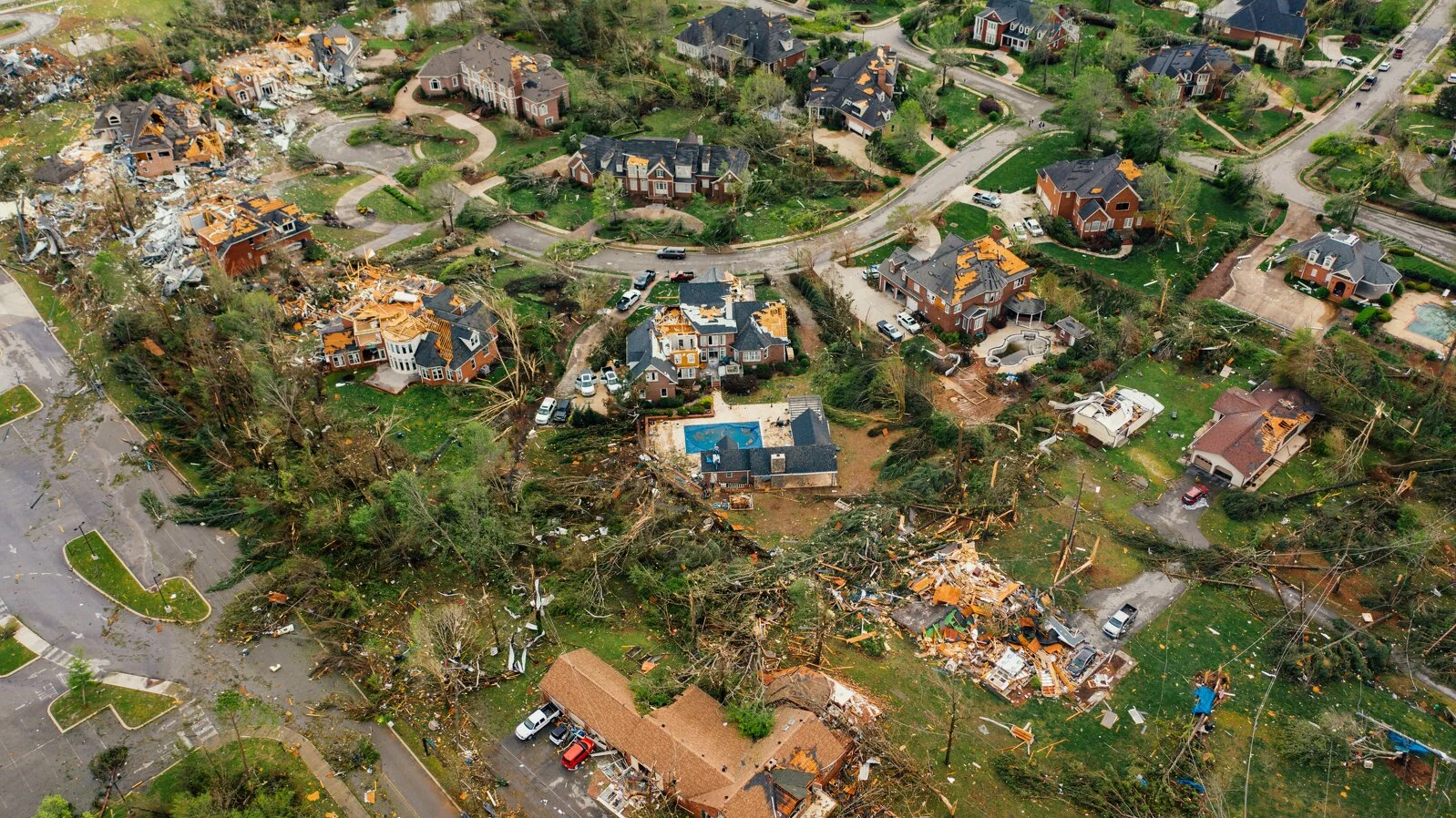Important Tips for Checking-In on Older Adults in the Wake of Hurricane Ian
From Transitions Care CEO, Jim Palazzo
 When hurricanes reach landfall, they can have a devastating impact on the lives of those in coastal communities. One group that may face additional distress or peril during these difficult times is the senior population, who may be in isolation, have limited mobility, and require advanced medical care. Hurricane Ian has impacted millions of Americans this week, leaving 2.6 million people without power – many of whom are seniors. What’s most alarming is that the majority of these seniors are not equipped for disaster situations due to mobility restrictions, chronic illness, social isolation, costly expenses, and a lack of support. On Friday, September 30th, Transitions CEO Jim Palazzo joined One American News Network to discuss the importance of checking-in on older adults during these difficult times and to share best-practices in helping seniors prepare for these events in the future.
When hurricanes reach landfall, they can have a devastating impact on the lives of those in coastal communities. One group that may face additional distress or peril during these difficult times is the senior population, who may be in isolation, have limited mobility, and require advanced medical care. Hurricane Ian has impacted millions of Americans this week, leaving 2.6 million people without power – many of whom are seniors. What’s most alarming is that the majority of these seniors are not equipped for disaster situations due to mobility restrictions, chronic illness, social isolation, costly expenses, and a lack of support. On Friday, September 30th, Transitions CEO Jim Palazzo joined One American News Network to discuss the importance of checking-in on older adults during these difficult times and to share best-practices in helping seniors prepare for these events in the future.
View Jim’s appearance on OAN by clicking here!
As Jim discussed in his interview, there are a variety of strategies that we can use to improve preparation & care for older adults during emergency situations. Here are a few important ones to keep in mind:
Check-In on your Older Loved Ones Regularly
It is important to keep in close communication with elderly loved ones who are facing difficulties before, during, and in the aftermath of a natural disaster. Making sure that they are prepared with basic necessities in case of emergency is a great place to start. As Jim mentions, “It’s critical to keep our seniors in mind in any sort of weather related crisis. Seniors are less capable of being prepared with appropriate survival items in their home, such as food, clean water, personal medications, and power alternatives”. During these storms, it is important to continue checking-in and ensuring that seniors – especially those in isolation – have what they need to survive for an extended period of time.
Make a Contact List of People Who Can Help
Many seniors have a primary caregiver, usually a relative or friend that is nearby. However, since emergencies may happen at any time, a senior’s typical caregiver may not be present. In order to help seniors be prepared, it can be helpful to create a “chain of contacts” they can utilize during an emergency situation. This list may include family, friends, neighbors, and more. Keep the list in an emergency kit and ensure there are multiple options for them to rely on. In cases where evacuation may be necessary prior to landfall, ensure that seniors who have difficulty getting around on their own have someone who can assist with getting them to a safe area.
Have Medical Information Readily Available
Ensure that seniors have their medical information on hand to help first responders during a natural disaster. Things like a medical alert bracelet, pendant, or medication list can help responders care for the patient in a timely manner – especially if they are unable to physically tell the provider their medical history upon arrival.
Things to Take When Leaving Home
Before an emergency occurs, it can be extremely beneficial to make a list of everything a senior needs to stay healthy. This should include the following: name and contact information of their doctor and pharmacy, medications & medication lists, medical devices, first aid kit, and financial resources. When evacuation is recommended, use this list to ensure your senior is taking everything they need to survive. Always follow directions given by local officials when deciding whether to evacuate, and always know who will help before you need it.
Additional Resources
Our thoughts go out to everyone affected by Hurricane Ian this week throughout Florida, Georgia, South Carolina, and North Carolina, as well as those affected by Hurricane Fiona in Puerto Rico. Transitions Care is dedicated to improving the lives of seniors across the country, and we will continue to advocate for improved resources for our older loved ones as Hurricane Ian recovery begins. For more information on how to help seniors prepare for extreme weather, please visit fema.gov or call FEMA at 833-336-2487.

